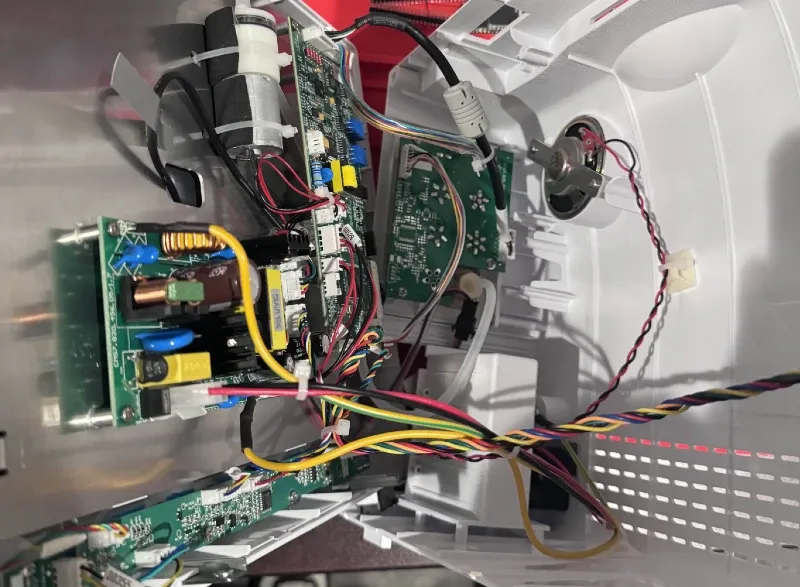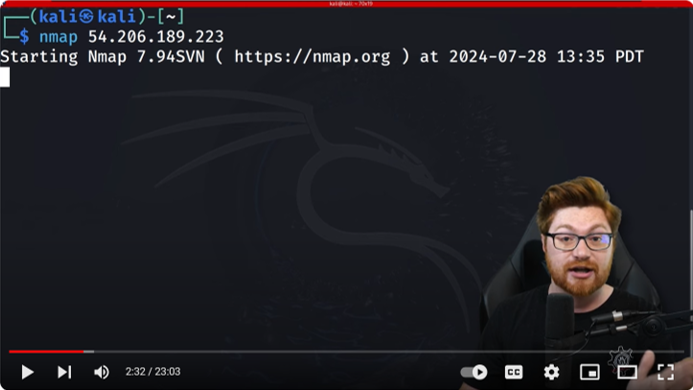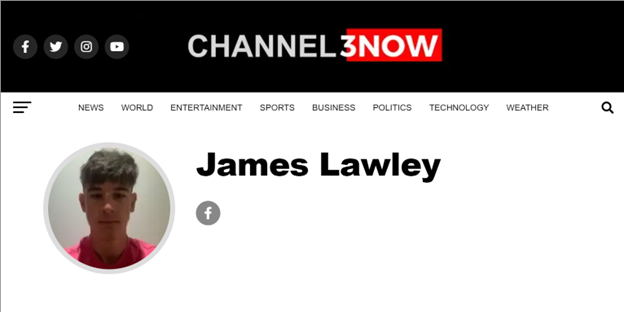ABC NewsRadio’s Scott Wales spoke to Robert Potter, Co-CEO of Internet 2.0 about the Ukrainian and Australian foreign ministers recent discussion on opportunities to give Ukraine “military-technical support”. Australia has already been providing cyber training to Ukraine’s military, but what would further cyber support look like?
Listen to interview> Here
Transcript excerpt:
Scott Wales (ABC News Radio Host): […] What actual cyber assistance can Australia offer [to Ukraine] or is it too little too late. Robert Potter is the co-CEO of Internet 2.0. He’s also a former cyber contractor for the Australian Department of Foreign Affairs and Trade and he joins me now. Robert, welcome.
Robert Potter (Internet 2.0 Co-CEO): Good afternoon.
Scott Wales (ABC News Radio Host): This is the second time in a month that Australia has pledged cyber support to Ukraine in the face of these rolling tensions with Russia. But what does that actually mean and look like?
Robert Potter (Internet 2.0 Co-CEO): Well it depends on exactly what we’ve pledged to do and which part of the training and uplift that the Australian government is specifically taking on. Right now that is not entirely clear. But cyber defence generally takes quite a bit of time to uplift and we’re pretty late in the game to be coming in on this.
Scott Wales (ABC News Radio Host): So by cyber defence do you mean we would be offering, or whoever is sort of engaging in cyber defence is trying to work out ways to stop a hack, in a sense, of a cyber network.
Robert Potter (Internet 2.0 Co-CEO): Yeah, or to create specific areas within a government’s network that are more resilient to large scale cyber attacks. Even countries like Australia, Russia and China struggle to secure their entire surface area. But when you are doing things in a hurry there are things that still take time but you can do them to uplift the national capability. And we have done that in the past, right, in Australia where we have sent teams abroad, we’re not going to be doing that this time, into developing economies on behalf of the Australian government in a contested cyber environment. And I think the record that I’ve got is about six weeks, and I think we’re well short of six weeks to get this much capability into Ukraine and get it up to standard.
Scott Wales (ABC News Radio Host): For example, could this sort of technology include a form of blockchain where there is certain places where information can be stored that are much more secure and harder to get into than other parts of a network?
Robert Potter (Internet 2.0 Co-CEO): Yeah, well traditionally what we do in a last-minute uplift like we did in PNG for APEC in 2018. We would roll in and deploy large scale cyber security technologies on networks that filter out and block malware. And then provide a degree of monitoring and training so you can rapidly bring locally engaged staff into the capability so as to create a good 24×7 look so you’re ready to respond if those new technologies you deploy detect anything. The Australian government has done this in the past and we have done it very quickly. But like I said my personal best doing this for the Australian government is six weeks and I don’t think we’ve got six weeks in Ukraine to get them up to standard.
Scott Wales (ABC News Radio Host): And what is the distinction here between defensive and offensive cyber action?
Robert Potter (Internet 2.0 Co-CEO): Well in defensive you’re just taking measures to detect and respond to attacks to make them harder. So, there is a very specific set of rules you’re allowed to do. If it’s on your network, you can detect and respond pretty easily. The Australian government provides this training as a matter of course to dozens of regional partners through the Department of Foreign Affairs and Trade. I assume that is what we are providing now. Offensive is when you would then go to knock out some of the capability that is being directed at your network. I don’t believe the Australian government is into that because, you know, we’re very careful about the very specific parameters when we do offensive cyber, although we do it.
Scott Wales (ABC News Radio Host): So that could actually involve going into a foreign network as a form of offensive cyber?
Robert Potter (Internet 2.0 Co-CEO): Yeah, we’ve never done it on behalf of a partner government. We’ve specifically been about saying what we think cyber space should be. We are for a free and open internet just like we are for free and open societies. And there is a huge gap in the defensive capability of the developing world and the Australian government has spent many years and many millions of dollars helping those governments uplift themselves which is what we have done in our region, particularly in PNG and the Pacific islands.
Scott Wales (ABC News Radio Host): How does Australia compare in this space to other countries such as Russia and, well, the US of course, which is broadly the sort of home of global technology?
Robert Potter (Internet 2.0 Co-CEO): We are not a superpower, but we are very good. Obviously, we don’t have huge amounts of manpower that the United States and China can draw on. But when we’ve done it, we have provided really world class outcomes for our partners. So, we are a sought-after partner in cyber because we do live in a contested environment. Australia is subject to significant cyber-attacks by many of the same threats that we work with our partners to defend themselves against. And when we go in, we’re very good.
Scott Wales (ABC News Radio Host): Australia doesn’t actually have a designated cyber security minister at the moment for the past, I think, 12 months at least, it’s been within Home Affairs. Is that an oversight? Is that something that whoever wins the next election should be really looking at appointing a dedicated cyber security minister?
Robert Potter (Internet 2.0 Co-CEO): We don’t have a cyber security minister; we certainly should have one. We do have a cyber security ambassador who leads the specific things on behalf of the Australian government, and they have been in place for some time.
Scott Wales (ABC News Radio Host): Right ok, so they would sort of perform those functions albeit not in a such a visible away as an actual minister with that title?
Robert Potter (Internet 2.0 Co-CEO): That’s right. So everything that we’re doing in terms of partner uplift is directed out of the Department of Foreign Affairs and Trade through the Australian cyber ambassador, which has actually been a region leading thing we’ve done in Australia. We deserve a bit of credit for that. Obviously, there is more we should be doing from a whole-of-government coordination and cybersecurity capability in Australia because we have a huge shortage in workforce as well and maturity in our own country. But when we do go overseas in partnership with other countries, we’ve been able to really create measurable and very specific and highly capable uplifts for our partners and, you know, successfully defend networks on short notice.
Scott Wales (ABC News Radio Host): Alright, look Robert, we’re going to have leave it there. Thank you very much for that explainer.
Robert Potter (Internet 2.0 Co-CEO): No worries.
Scott Wales (ABC News Radio Host): […]
ENDS










